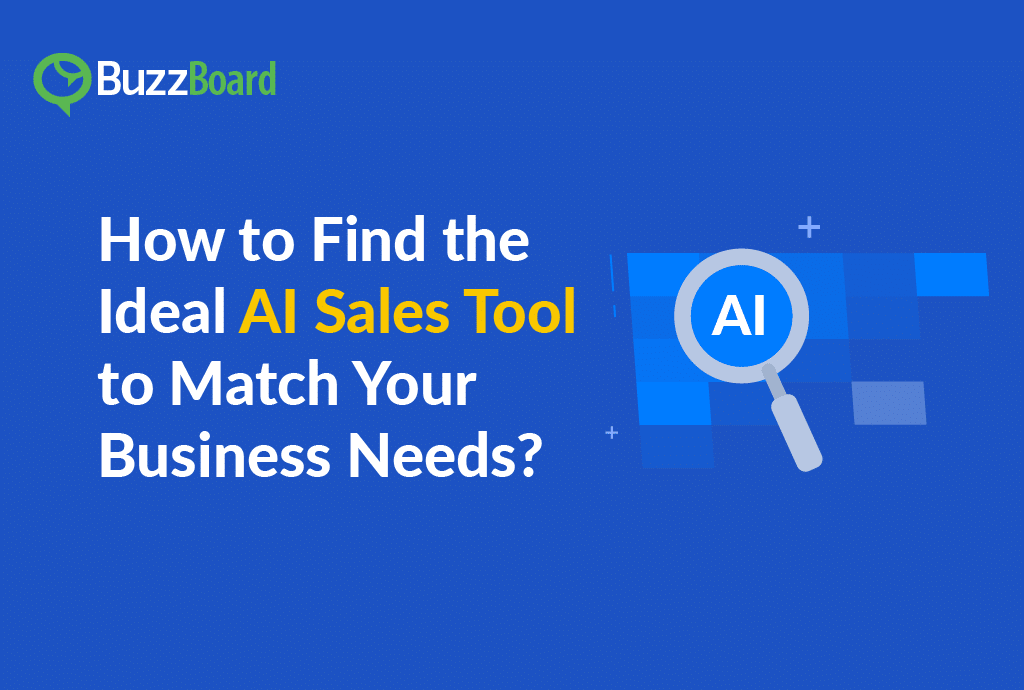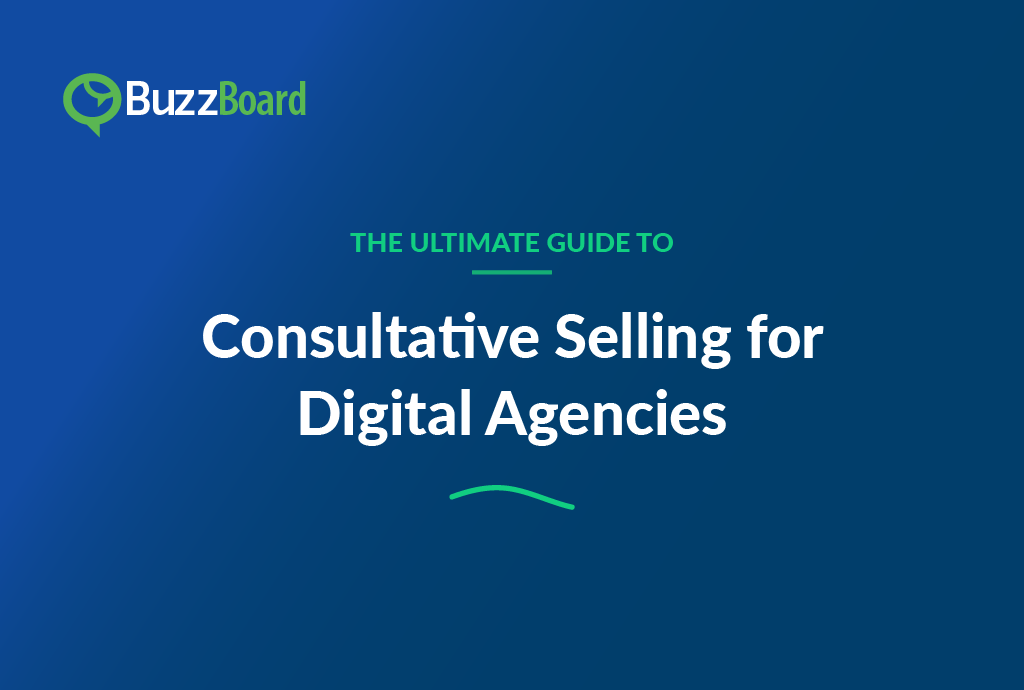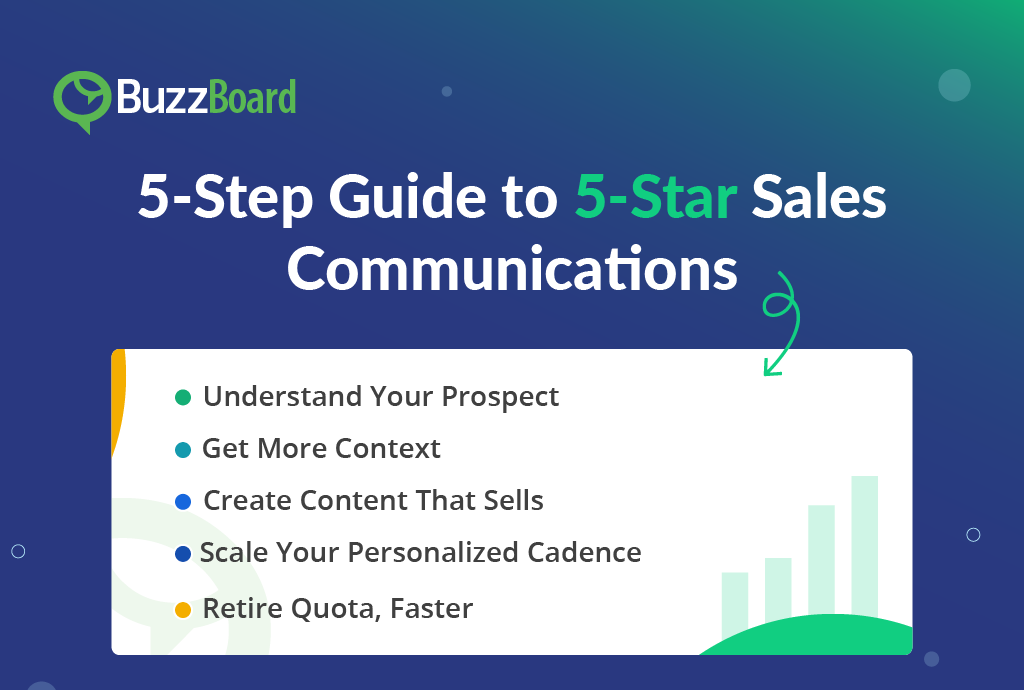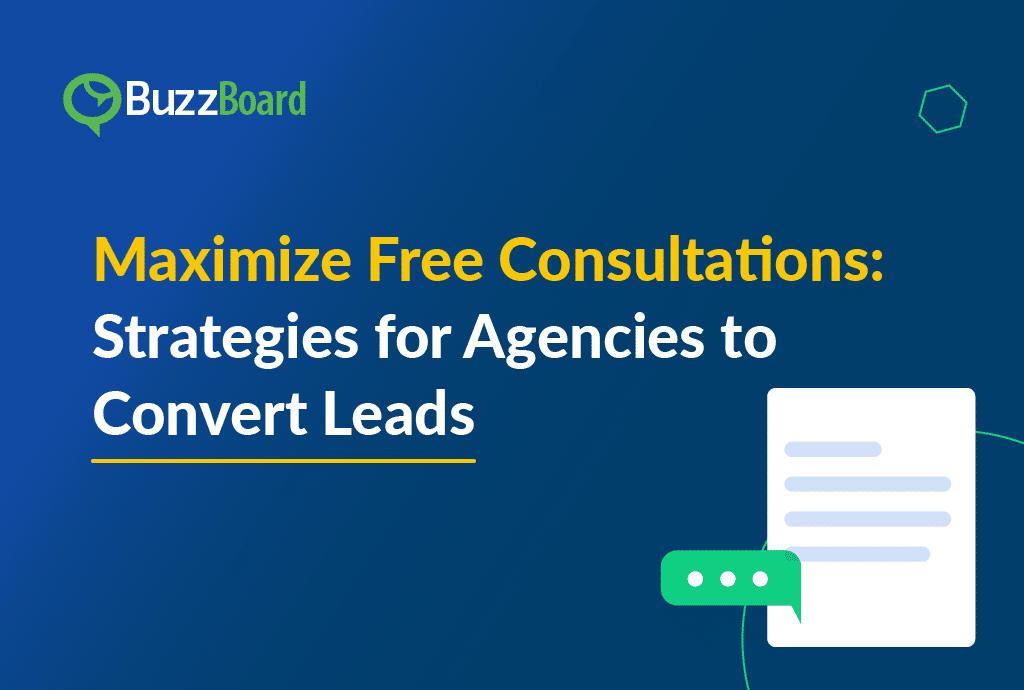As businesses grapple with evolving consumer preferences, increasing competition, and unprecedented volumes of data, the quest for the most effective AI sales solutions has never been more critical. With a multitude of options at your fingertips, choosing the right AI sales tool has become a decisive factor in determining the success and sustainability of your sales efforts.
In our previous blog post, we pinpointed the common mistakes B2SMB businesses make during the AI-driven sales solution selection and purchase process. But whether you’re a seasoned sales professional or just setting foot into the world of AI-influenced selling, you don’t ever stop at identifying the faulty measures but always look for the corrective means, right?
So, don’t let the wrong sales solution make your business growth chart stagnant. After carefully studying the dynamics of this wavering commercial landscape, the colossal influence of artificial intelligence on buyer-seller relationships, and its limitless future potential, we have prepared this blog to answer your questions raised in the last post—how to select the right, business and need-specific AI sales tools?!
1. Tailored Solutions That Align Seamlessly with Your Goals
It’s easy to get lost in the myriad of dazzling features and promises that vendors offer. However, to truly harness the potential of artificial intelligence for your sales efforts, it’s essential to look beyond the surface and delve into the core considerations that can make or break your selection process.
While feature sets are undeniably important, a successful AI sales solution is more than just a collection of functionalities. It’s a strategic investment that should align seamlessly with your business goals and operational needs.
Start by defining your objectives. Is it better lead generation, improved customer engagement, or streamlined sales processes that you’re looking for? For example, if you are after an AI tool to help your sellers craft better put-together emails, AI tools for this will be very different from the goal to craft follow up emails based on past transaction data that live in your CRM. Another unique goal could be crafting personalized emails based on business need discovery by identifying unique business attributes of prospect companies to open sales conversations.
Make sure the tool you choose has the capacity to achieve your objectives. Then check if the tool has user-friendly interface, scalability, warrants data quality and security, offers up-to-the-mark customer support, and is result-oriented.
2. Coherence Between Your Business & Sales Tool Attained Through Perfect Integration
Evaluating integration capabilities when selecting an AI sales solution is akin to checking whether a puzzle piece fits perfectly into your existing business landscape. The ability of AI tools to coherentlyly mesh with your existing systems can be the difference between an asset and a headache.
First and foremost, take stock of your existing software and processes. What do you currently use for customer relationship management (CRM), marketing, and sales automation? Then, investigate the AI solution’s compatibility with these crucial components. Look for connectors, APIs, and plugins that facilitate smooth data flow between systems. An integrated AI solution should act as a harmonious extension of your tech ecosystem, not an isolated island of automation.
Furthermore, assess the ease of implementation. Does the AI solution provider offer guidance and support during integration? An intuitive onboarding process can alleviate many integration challenges and reduce downtime, enabling your team to swiftly reap the benefits.
Remember that the ultimate goal of integration is to enhance efficiency, reduce manual data entry, and provide a unified view of customer interactions. When the puzzle pieces align, you’ll unlock the full potential of your AI sales tool, transforming it from a standalone tool into a driving force that empowers your sales and marketing efforts.
3. Tools That Adapt, Grow, and Evolve in Lockstep with Your Business Tomorrow
The AI sales solution you choose should not just address your present demands; it should be your steadfast ally on the road to future success.
Begin by envisioning your business’s future. How do you anticipate growth? What are your expansion plans? A scalable AI sales solution should be able to accommodate your business’s changing needs without causing disruptions.
Consider factors such as the volume of data the solution can handle, the ease of adding new users or features, and its ability to adapt to emerging market trends. Seek assurances from the provider that their solution can expand and adapt without exorbitant costs or lengthy downtimes. Plus, a scalable solution should offer flexibility in pricing, allowing you to pay only for the services you need, ensuring that your investment aligns with your growth trajectory.
4. Rigorous Assessment Before Commitment
The combination of robust testing and a reputable vendor is your shield against costly disappointments and ensures that your AI sales solution is a catalyst for success rather than a source of frustration.
A vendor’s track record is a mirror reflecting their past successes and failures. It speaks volumes about their commitment to delivering quality solutions and providing support. Hence, it’s essential to adopt the practice of a more thorough scrutiny for validating vendor promises before implementation. Look for testimonials, case studies, and reviews to gain insights into the vendor’s credibility and the real-world performance of their solutions.
Yet, the vendor’s reputation is only one side of the coin. The tool testing part holds equal sway… here’s an instance. While selecting an AI tool you might come across multiple use cases it claims to serve, however, this can often be misleading! This is especially true for the AI genre of tools where the market continues to evolve rapidly and come to properly define the intricate differences within broader user cases of productivity and efficiency gains through content creation, pipeline generation, etc. Based on the use cases a tool serves, the complexity it involves, and the investment it entails, insist on either taking the tool for a trial or conducting thorough testing via a pilot program.
Pilot programs help you assess the AI tool’s real-world performance in a controlled environment. This process allows you to evaluate how well the tool aligns with your specific needs, whether it enhances efficiency, and if it seamlessly integrates with your existing systems. To ensure the selected AI tool lives up to its promises, it’s crucial to create a comprehensive checklist of expectations based on what the vendor has claimed. This checklist should include key performance indicators (KPIs), benchmarks, and a set of goals that the AI tool should achieve. Rigorous testing helps assess whether the tool meets these criteria, providing actionable insights to make an informed decision.
Hopefully, this blog has been able to answer some key questions and clear major dilemmas related to securing the best AI tools to support your business. Just remember to look beyond the dazzling features, scrutinize integration capabilities, evaluate scalability, test rigorously, and consider the vendor’s reputation. In the end, the best AI sales solution is the one that seamlessly integrates into your existing ecosystem, adapts as your business grows, and passes your stringent tests.
With each conscious step, you bring your vision closer to reality. You equip your sales team with a powerful tool that not only automates tasks but enhances their capabilities, and you lay the foundation for stronger customer relationships and sustainable growth.







